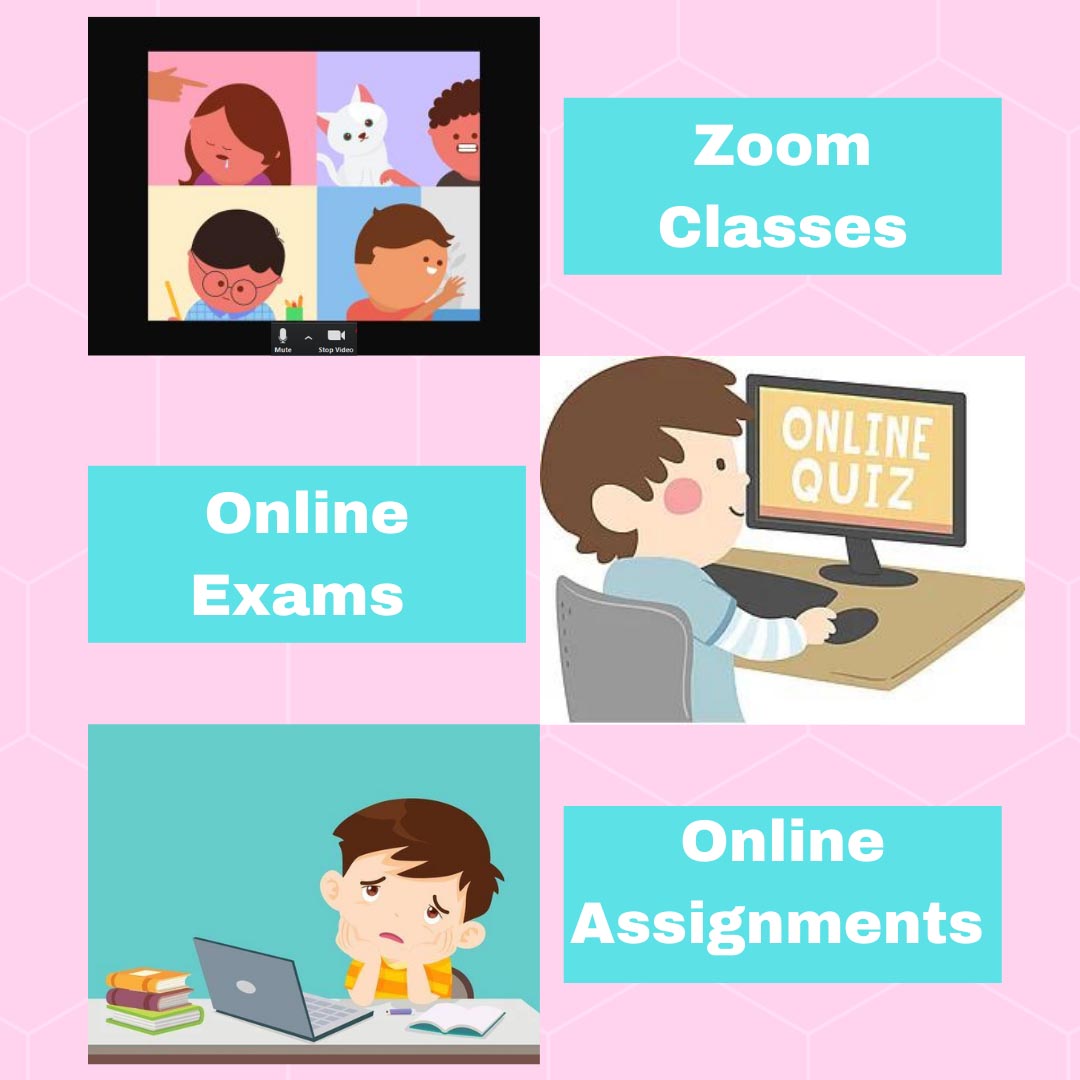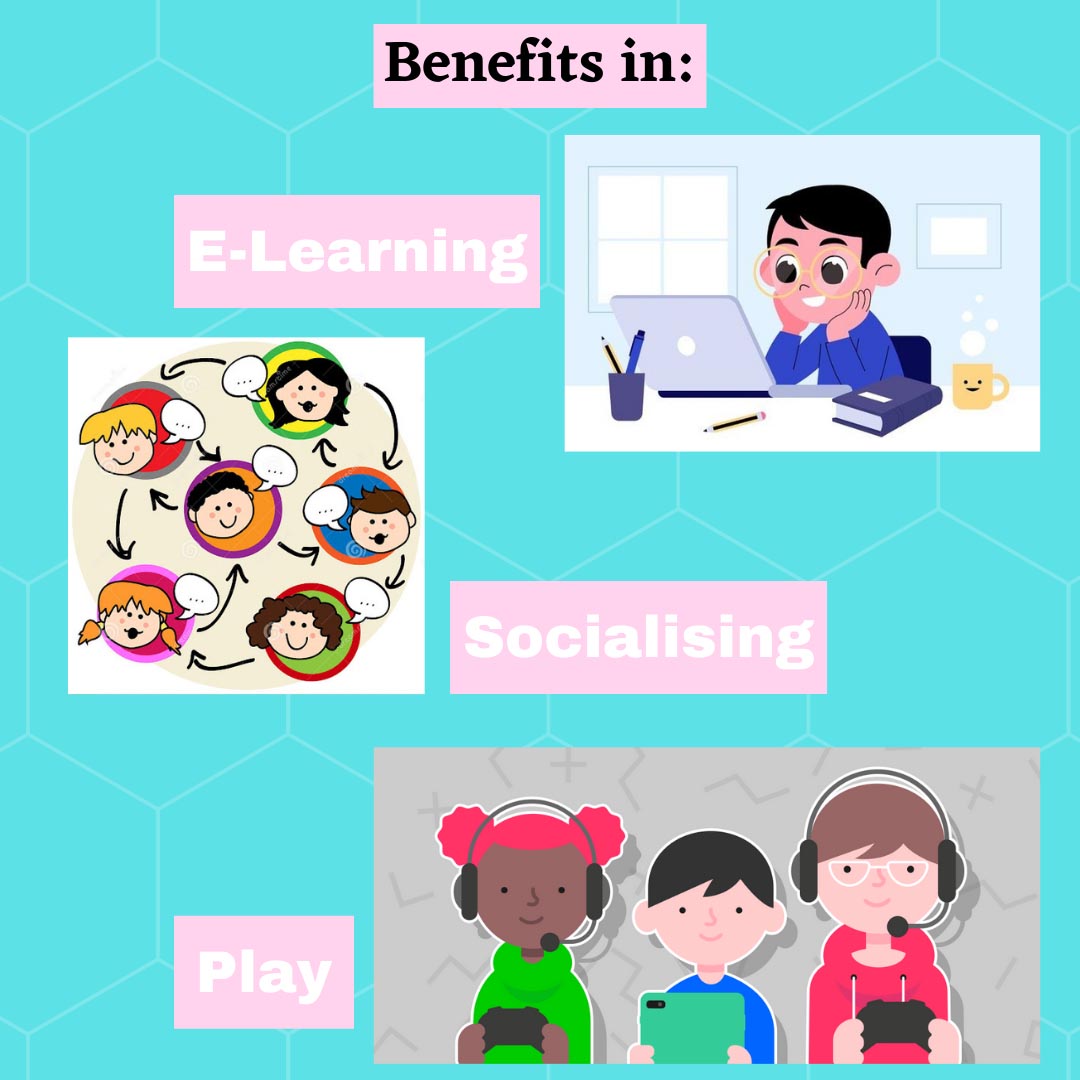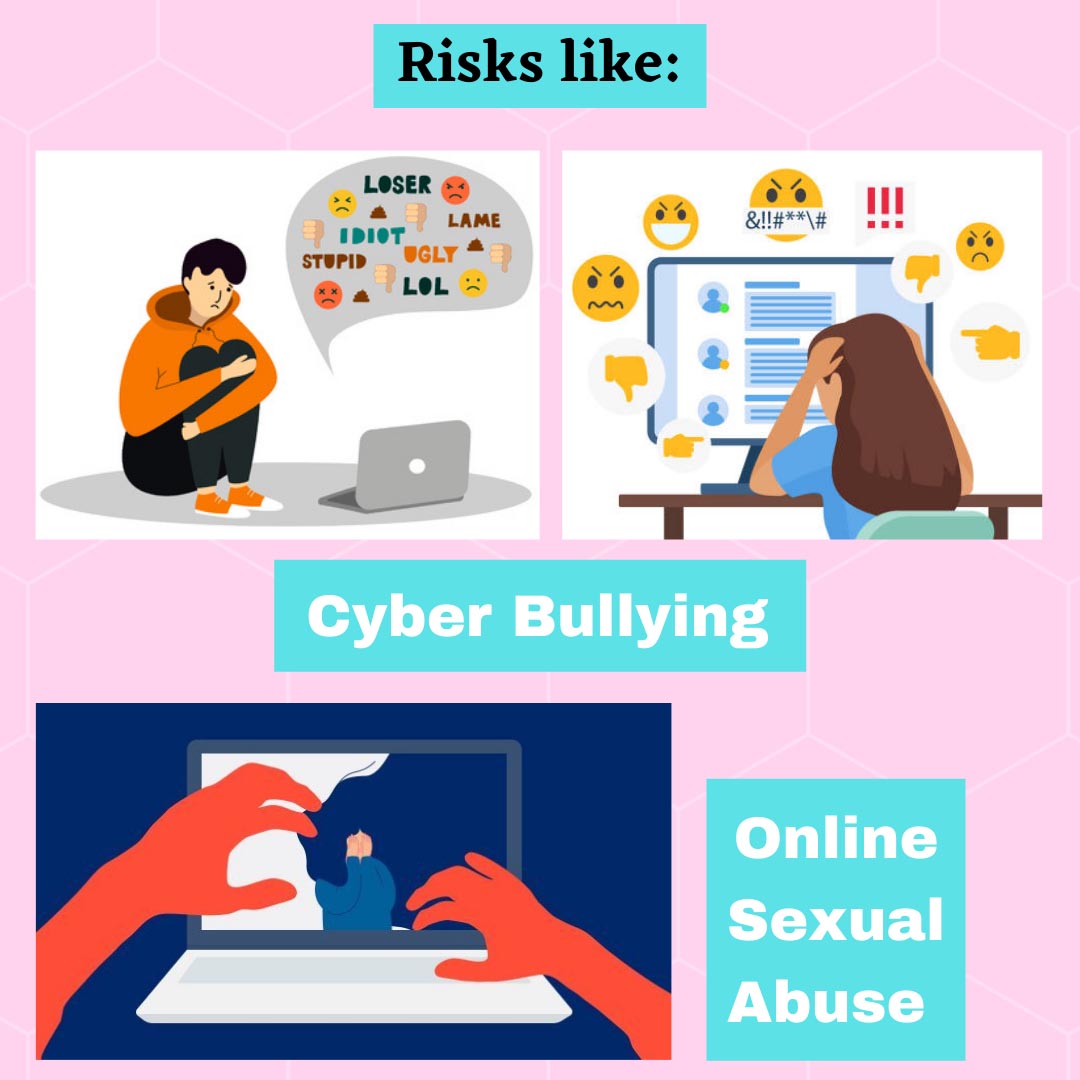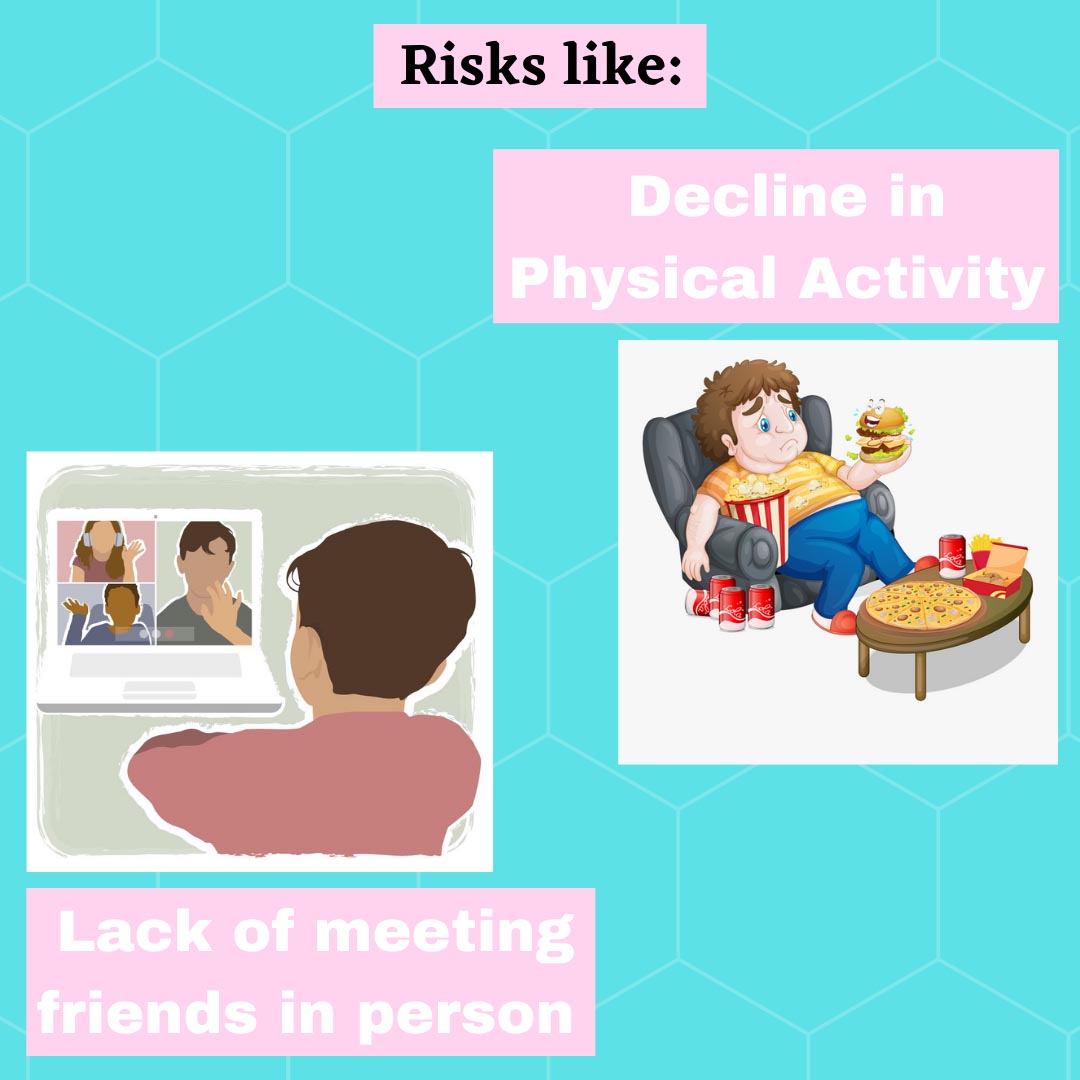Zoom classes, online exams, video calls for field trips, doing assignments on word instead of pen and paper, and 6-year-olds with gadgets have become the new normal since the pandemic began in 2019. With schools closed and lockdowns in place, many children and young people are spending a lot of time in front of their screens. Children nowadays use computers not only to play games, but also to attend classes. However, if the computer also has the capability of entertaining the child by playing online games, it becomes equally difficult for them to concentrate on their studies. It is a tough battle for parents to determine whether their child is paying attention in class or wasting their time, as well as whether they are safe while using the internet.


Connecting online provides valuable opportunities for children and young people to learn, play, and socialise with friends and peers, as well as access information and support. However, socialising online can also have its own risks like cyber-bullying, online sexual abuse, potentially harmful content, and your privacy being at a greater risk. Because social media has the potential to have a large impact on children of impressionable ages, encouraging children and instilling positive social values such as respect, empathy, good communication, and conflict resolution can all help to protect the children.
Even though the pandemic has made the children very technologically advanced, there are some disadvantages to this skill. It becomes very easy for the child to cheat on an exam rather than study for it. Childhood and adolescence are critical stages in an individual’s rapid development, but technology has become a significant impediment during this growing period. It not only increases anxiety and depression, but it also lowers self-esteem. Because of some social media platforms, many adolescents feel the need to dress up and live lives similar to those of influencers, despite the fact that much of what is shown is a facade and far from reality. This frequently leads to a negative body image and an increased sense of loneliness.
Children have lost touch with their social skills and have turned to the world of texting/chatting/calling instead. They are not only missing out on important aspects of their childhood, such as sports, but also on experimenting, aimlessly hanging out, and simply being in each other’s company. Online communication fails to teach pandemic children the art of understanding body language, facial expressions, and even the smallest vocal reactions that they can only find in the presence of others. Even though it is important for children to interact with each other in person rather than just online, we cannot ignore the fact that the pandemic has not been eradicated. The children must recognise the importance of spending less time in front of screens and more time with each other and their families, even if it is through the use of an online medium. The children must make full use of technology for self-improvement, but they must also understand that it will have no effect on their personalities. As a result, they must learn to limit their time spent on social media and instead focus on improving their social skills with the assistance of their families and/or nearby friends.


Even though social media influence can be beneficial to a child’s academic performance, they should also be taught to appreciate the art of reading books and taking handwritten notes. This will keep them productively engaged while also keeping them safe from the internet world. Children could also be encouraged to learn a sport or a new hobby that will help them improve their skills, such as cooking, painting, gardening, playing an instrument, learning photography, dancing, building new things for the house, or upcycling items around the house. Other productive and enjoyable activities include keeping a journal, completing daily puzzles in the newspaper, developing a habit of doing yoga and meditation, which could be a great stress reliever in the future, learning a new language that interests them, developing a new personal development plan to improve personal skills in areas where one is less confident, and many more.
– Urveez Kakalia and Aakriti Mathur

